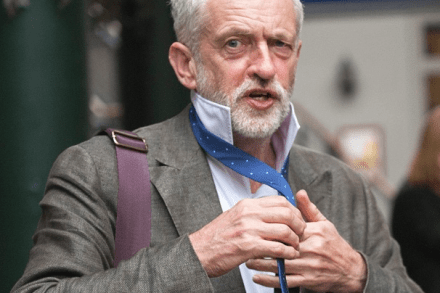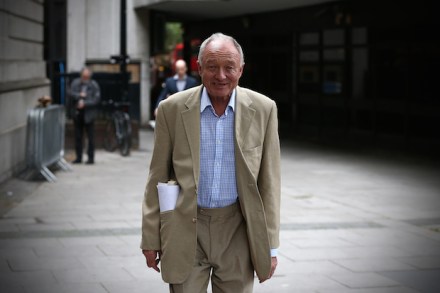Government goes to war with peers over votes at 16
The government will today try to overturn a Lords’ vote that introduces votes at 16 for the EU Referendum Bill. Under other circumstances, the Conservatives could find this difficult, as there is a group of Tory MPs roughly the same size as the government’s majority who support the principle, but who do not want to rebel and cause trouble on their flagship legislation enabling the referendum they spent the election boasting about. Former minister Damian Green will abstain on the legislation, I understand, as he supports the principle. The government has invoked financial privilege on this matter, arguing that the change will cost £6 million. Speaker Bercow agrees, which means



















